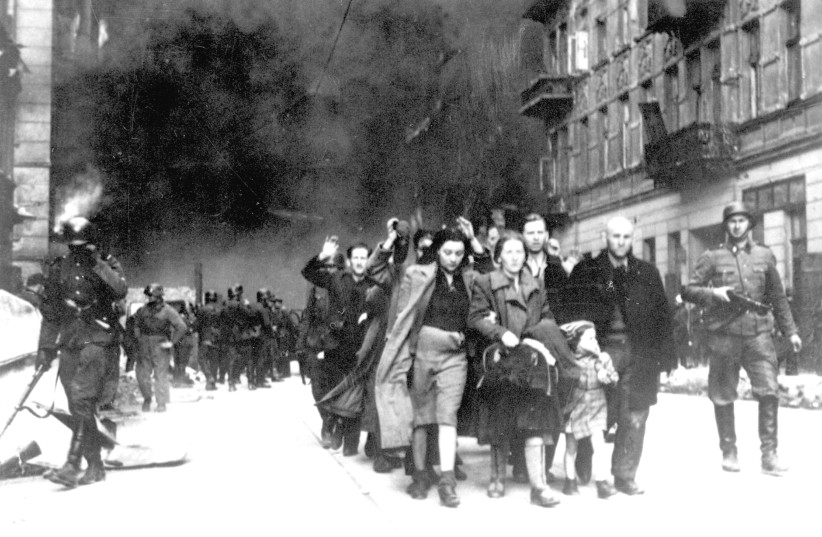In human history, the Holocaust stands as a completely separate, grim, and monumental memorial of what political regimes and even entire nations are capable of when driven by an ideology of hatred and dehumanization,
Should this memorial serve as a wordless reminder of past lessons, or should the history of the Holocaust be a platform for dialogue about present events and lessons unlearned? How do we balance the universality of those tough lessons and the uniqueness of the historical event?
It would be no exaggeration to say that October 7 was the most traumatic event for the Jewish people since World War II. It is for a reason that the news and images of the terrible massacre awakened the most horrifying feelings, fears, and analogies in the collective memory of our people.
Nevertheless, we must be particularly cautious in making comparisons between any contemporary events, even the most difficult and tragic ones for our people, and the Holocaust. While it is indeed possible to draw some analogies, we must do so very cautiously, as this is a slippery slope that often leads to the highly undesirable phenomenon of diluting the memory of the Holocaust and making inappropriate comparisons.
Comparisons made between the current Gaza war and the Holocaust
Unfortunately, there’s no need to look far for examples. Even the current war in the Gaza Strip is being cynically compared by some journalists, public, and political figures to vivid symbols of the Holocaust.

Some of them manage to compare Gaza, which has been under exclusive Palestinian control since 2005, to Nazi ghettos, the attack of October 7 to the Jewish uprising in those ghettos, and the Israeli army’s entirely justified military response to the brutal terrorist attack on its borders – to a genocide.
The very legal definition of the intentional extermination of a people, developed under the influence of the Holocaust events and the Nuremberg trials after the war, is today being eroded by its use against Israel in an indictment in the UN International Court of Justice in The Hague.
In a world of abundant information and growing populism, we see more and more inverted truths and cynical distortions of reality, where the events of the Holocaust, if not denied at all, are being increasingly used for provocative headlines and speculations.
By returning to the events of October 7 and analyzing their perception of Israeli society and the Jewish world, we can truly understand the analogies and feelings that arose on that day. After all, the massacres were committed based on the fundamentalist ideology of radical hatred and dehumanization of Israelis.
The methods of killing included unthinkable, inhumane atrocities and abuses that are hard to comprehend. And what thousands of residents of the captured communities near the Gaza border and participants of the music festival near Re’im experienced was a sense of total insecurity in the face of a force that sought their extermination.
It is this deep sense of fear, born of centuries of brutal persecution and brought to unthinkable proportions during World War II, that the Jewish State has endeavored to eradicate by the fact of its creation and the strength it has acquired over the years. Israel has indeed instilled an almost unshakable sense of security and confidence in its citizens.
Sadly, on October 7, this feeling was broken for a given time, leaving space for deep fears and traumas of the past once again. And yet, despite the confusion and the State of Israel’s failure to fulfill its duty to its citizens in the first hours of that very morning, it was able to stop the terror attack and respond with a powerful blow to the enemy.
That is precisely why the rally of yellow stars on the clothes of the Israeli diplomatic mission to the UN was perceived so controversially. It may be that hatred of Jews is still the same hatred, and radical antisemitism is once again raising its head around the world, but – unlike in the days when Jews were forced to wear yellow stars as a humiliating measure – today, we have a decent response to it.
We must do everything possible to ensure that malfunctions such as on October 7 do not happen ever again so that we may continue to talk about horrifying events only in the context of history, as we do every year on Holocaust Remembrance Day.
Dr. Michael Mirilashvili is president of the Euro-Asian Jewish Congress. Dr. Haim Ben Yakov is director-general of the Euro-Asian Jewish Congress.
